G7 Hiroshima Summit Related EventG7 Hiroshima Summit Related Event Results of the “Rethinking Nuclear Deterrence” event
Public event “Rethinking Nuclear Deterrence”
A face-to-face academic conference hosted by the Beyond Nuclear Deterrence Working Group*, which is part of a new researchers’ network housed at Harvard University’s Belfer Center in the United States, was held in Hiroshima. And the opportunity provided by this conference was used to hold a publicly open event hosted collaboratively by HOPe and the Working Group in Hiroshima.
The goal of this public event is to improve awareness among the general public and researchers about the need to rethink nuclear deterrence, which is at the center of today’s national security policies. The event objective is to provide different perspectives for reexamining nuclear deterrence, so that we can come up with specific actions toward the realization of a world without nuclear weapons, even under the severe security environment that we currently face.
*The Beyond Nuclear Deterrence Working Group is one of the working groups in the Rethinking Nuclear Deterrence Research Network, a research network project funded by the MacArthur Foundation and housed at Harvard University’s Belfer Center in the United States. It has membership from researchers spanning 18 countries, and seeks to reexamine the concept of nuclear deterrence and to also deepen the understanding of alternative proposals that may make it possible to realize a world without nuclear weapons.
Date:April 28th (Fri), 2023 2 pm ~ 5 pm
Venue:Room DAHLIA at International Conference Center Hiroshima
Held in Hybrid(Online and On-Site)
Opening Remarks
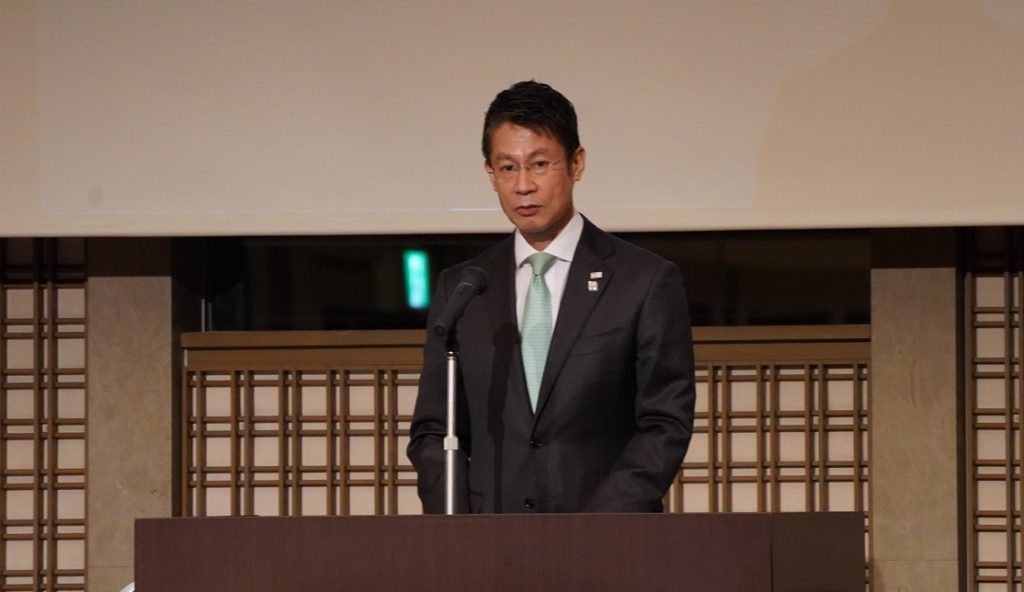
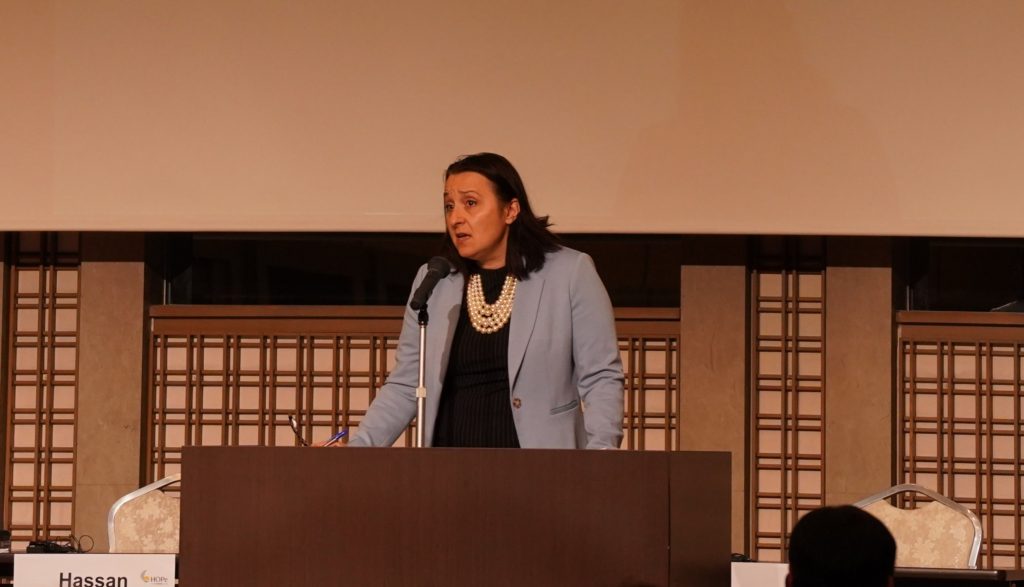
- (Governor) What we need to do right now in order to eradicate nuclear weapons is to review nuclear deterrence from diverse perspectives based on having an understanding of the current situation regarding national security, and work on the issue from a long-term perspective.
- (Dr. Giovannini) The invasion into Ukraine has shown us that our previously held belief that the dreadful nuclear era has ended was wrong. Why were we unable to learn from the dangers brought on by nuclear weapons and the lessons posed by them during the Cold War? In order to find answers to this question, a network of researchers created by Harvard University is currently conducting research into rethinking nuclear deterrence.
| YUZAKI Hidehiko | President of Hiroshima Organization for Global Peace (HOPe) Governor of Hiroshima Prefecture |
| Francesca Giovannini | Executive Director, Project on Managing the Atom, Robert & Renée Belfer Center for Science and International Affairs, John F. Kennedy School of Government, Harvard University |
【Session 1】“What is rethinking nuclear deterrence? Why now?”
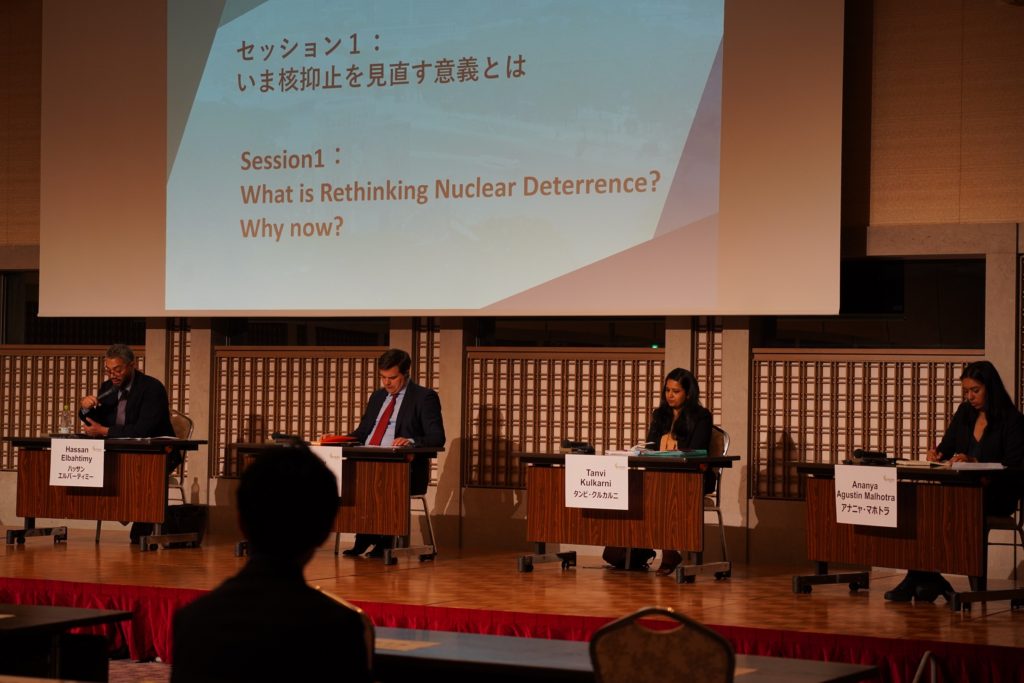
(Brief Summary)
- Nuclear deterrence was created within the context of history. During the Cold War, the concept of nuclear deterrence was based on a situation of conflict between the United States and the Soviet Union. Today, we now have more players, and the world has become mutually dependent economically, giving rise to a completely different situation in nuclear deterrence involving different risks. The working group is looking into nuclear strategies implemented up to this time and is striving to deepen our understanding on the concepts and analyzation categories, as well as on research methodologies adopted for such strategies, and is searching for possible changes in these areas. The group aims to generate conceptual innovations, pose questions on the concepts of nuclear deterrence, and reconsider the risks involved. The goal is to reflect the diverse global opinions and references into nuclear deterrence.
- In rethinking nuclear deterrence, we need to know difficalties in reality : the difficulties involved in letting countries give up developping nuclear weapons, and the difficulties involved in asking countries to get rid of nuclear weapons. The reason why nuclear deterrence persists is because of the power that nuclear weapons possess. We need to be aware of the difficulties to convince people who are faced with extreme fear by the war in Ukraine not to have nuclear weapons, in particular, if we are in relatively peaceful country.
- It is difficult to apply the Western context on the nuclear deterrence theory to South Asia. Nuclear deterrence is not enough in considering the relationship between India and Pakistan. Their nuclear policies have also been affected by geography, domestic factors, cultural ties that reach beyond their national borders, the images that each country has against the other, and the asymmetries of nuclear weapons and conventional weapons.
- What is important is to talk about global security in a more broadly defined context. We need to consider how climate change and other areas affect nuclear weapons. We need to broaden the recognition that nuclear weapon is a human-induced problem that can be resolved, and indicate what kind of a world without nuclear weapons would be possible for our future.
| NISHIDA Michiru 【Moderator】 | Professor, School of Global Humanities and Social Sciences, Nagasaki University |
| Hassan Elbahtimy | Senior Lecturer in the Department of War Studies and Director of the Centre for Science and Security Studies, King’s College London Co-chair of Harvard University–MacArthur Foundation Beyond Nuclear Deterrence Working Group |
| Matthew Harries |
Senior Lecturer in the Department of War Studies and Director of the Centre for Science and Security Studies, King’s College London |
| Tanvi Kularni |
Policy Fellow at the Asia-Pacific Leadership Network for Nuclear Non-Proliferation and Disarmament (APLN) |
| Ananya Agustin Malhotra |
Program Officer, Global Nuclear Policy Program at the Nuclear Threat Initiative (NTI) |
【Session 2】“Themes of Rethinking Nuclear Deterrence Research”
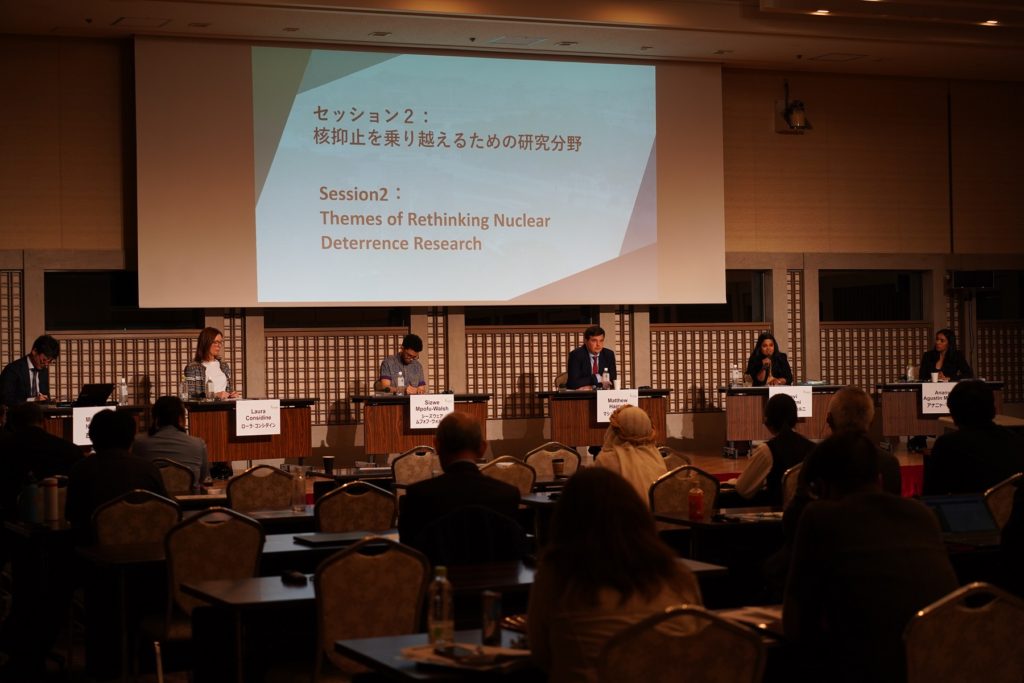
(Brief Summary)
- Nuclear deterrence is deeply connected to our daily lives—in other words, with issues related to city planning, regional economy, environmental destruction, and public hygiene, among others. The atomic bomb that was dropped on Hiroshima and Nagasaki was created under the Manhattan Project, of which its research center was built on land that was taken from the indigenous people. The nuclear experiments in Kazakhstan and the Marshal Islands are also deeply connected to the history of colonization. And thus, with a focus on the viewpoint of feminism, my research on nuclear issues is based on a multifaceted perspective that includes history, politics, economy, and society.
- South Africa is a country that used to have nuclear weapons but abandoned them. It is a country that shows what happens when you abolish nuclear weapons. My research looks for alternatives to nuclear deterrence by focusing on nuclear-weapon-free zones that already exist, and take lessons on what such zones have done up to now, and how other countries can follow these zones.
- Nuclear disarmament thus far did not offer an alternative proposal for ensuring security. The research with HOPe looks into how we can build a security system without reliance on nuclear deterrence, and how we can ensure security for the people with this security system.
- Of the nine nuclear powers in the world, six exist in the Asia Pacific region. In rethinking nuclear deterrence in this region, it is essential that we gain an understanding about the Asia Pacific region. We need to understand what each country thinks about nuclear weapons, and how they differ from those ideas held by the Western world. In order to consider nuclear deterrence, we need to adopt a comprehensive perspective—in other words, we must include perspectives from other fields such as on the environment as well as on human rights.
- Horizon 2045, one of the projects led by the Nuclear Threat Initiative, is working on providing the world with a proposal on what approach we should take in the 21st century. They are looking for tipping points that can bring changes by taking a systematic approach in looking into the motivations and problems behind nuclear weapons. They are also considering what the world would look like without nuclear weapons, and are studying what laws would be necessary in order to maintain a situation where nuclear weapons remain abolished. Furthermore, the initiative also seeks participation from those who are being threatened or victimized by the current ways of the world, based on the belief that other global issues remain neglected because of our dependence on nuclear weapons.
| NISHIDA Michiru 【Moderator】 | Professor, School of Global Humanities and Social Sciences, Nagasaki University |
| Laura Considine | Associate Professor of International Politics, Leeds University Member of Harvard University–MacArthur Foundation Beyond Nuclear Deterrence Working Group |
| Sizwe Mpofu-Walsh | Lecturer, University of the Witwatersrand Member of Harvard University–MacArthur Foundation Beyond Nuclear Deterrence Working Group |
| Matthew Harries |
Senior Lecturer in the Department of War Studies and Director of the Centre for Science and Security Studies, King’s College London |
| Tanvi Kularni |
Policy Fellow at the Asia-Pacific Leadership Network for Nuclear Non-Proliferation and Disarmament (APLN) |
| Ananya Agustin Malhotra |
Program Officer, Global Nuclear Policy Program at the Nuclear Threat Initiative (NTI) |
Related external articles
- Marina Lorenzini, ‘In Hiroshima, the G7 economies leverage global security gains,‘ Bulletin of the Atomic Scientists, May 22, 2023.
- Ananya Agustin Malhotra, ‘Reflections on My First Visit to Hiroshima,’ Atomic Pulse, NTI, June 21, 2023.
Tags associated with this article



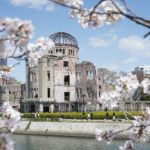
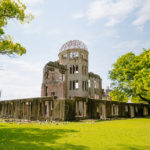

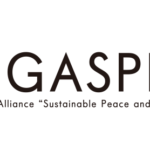
-150x150.jpg)
